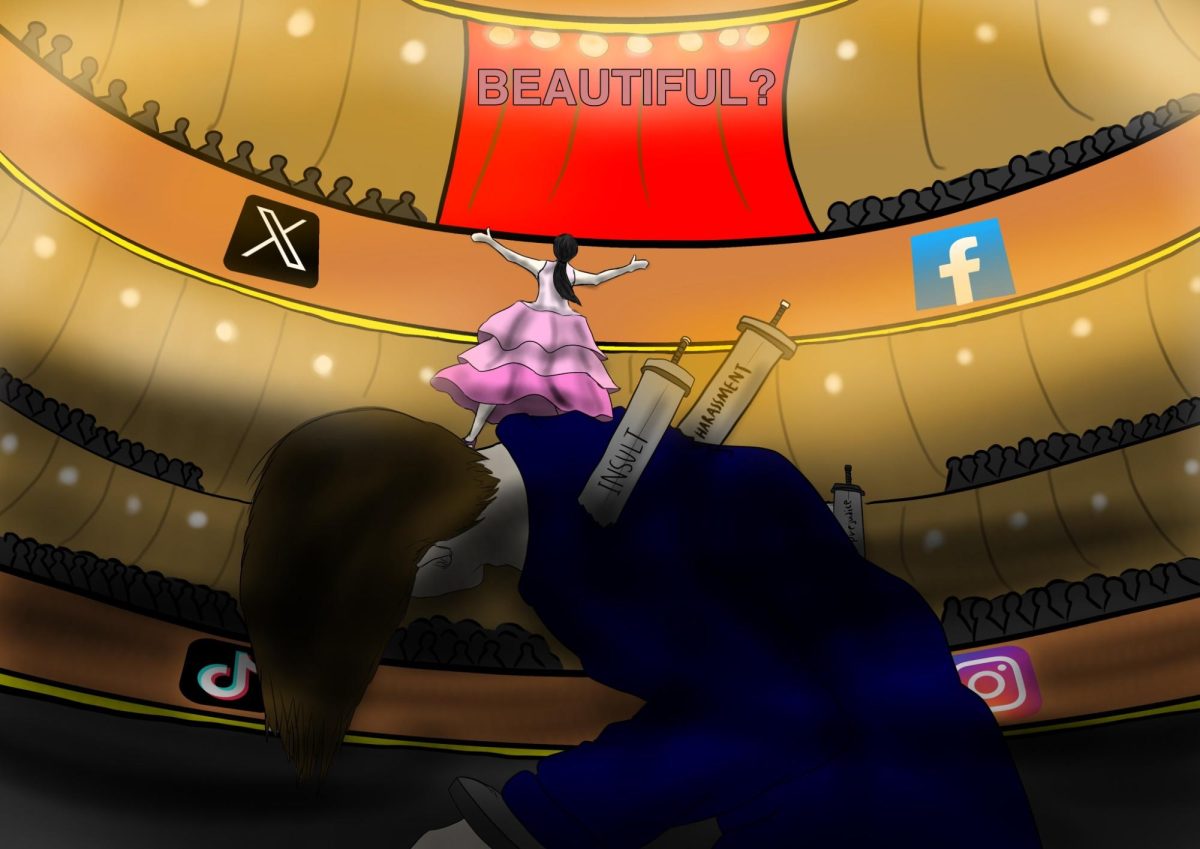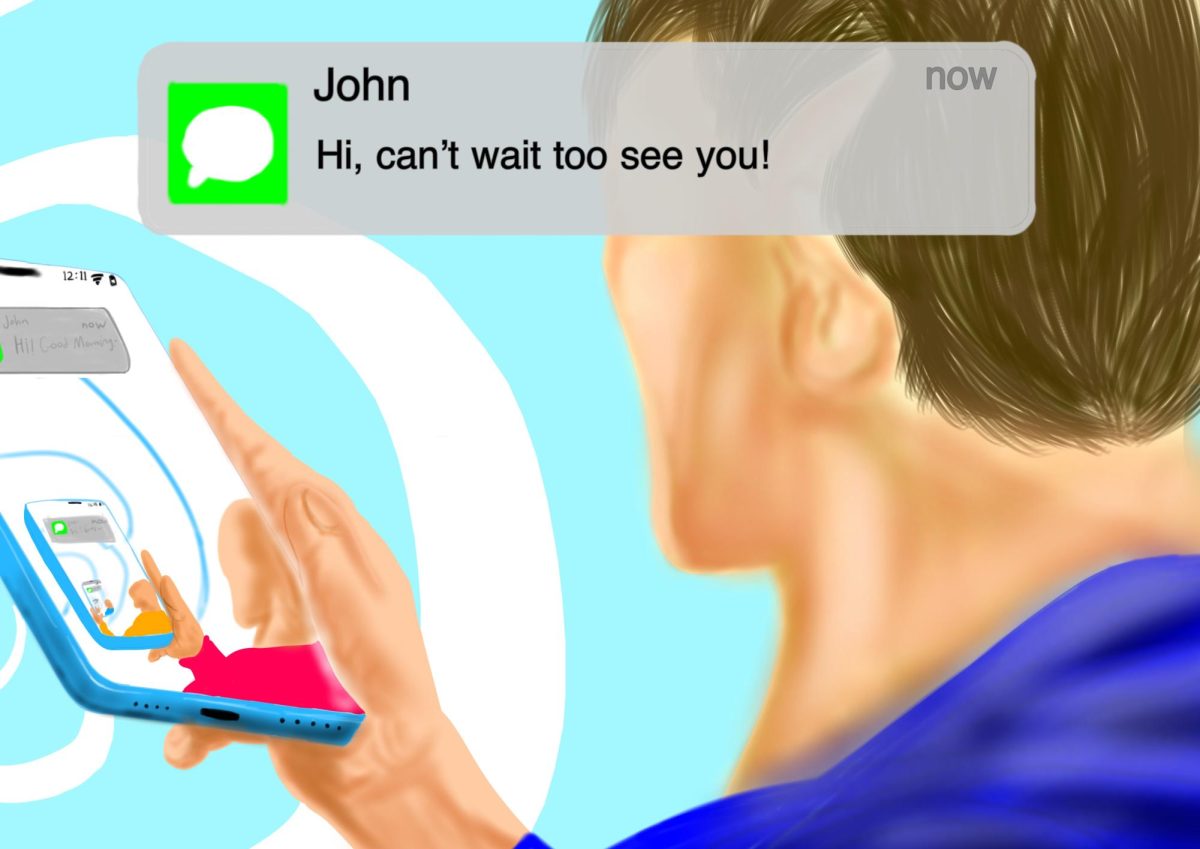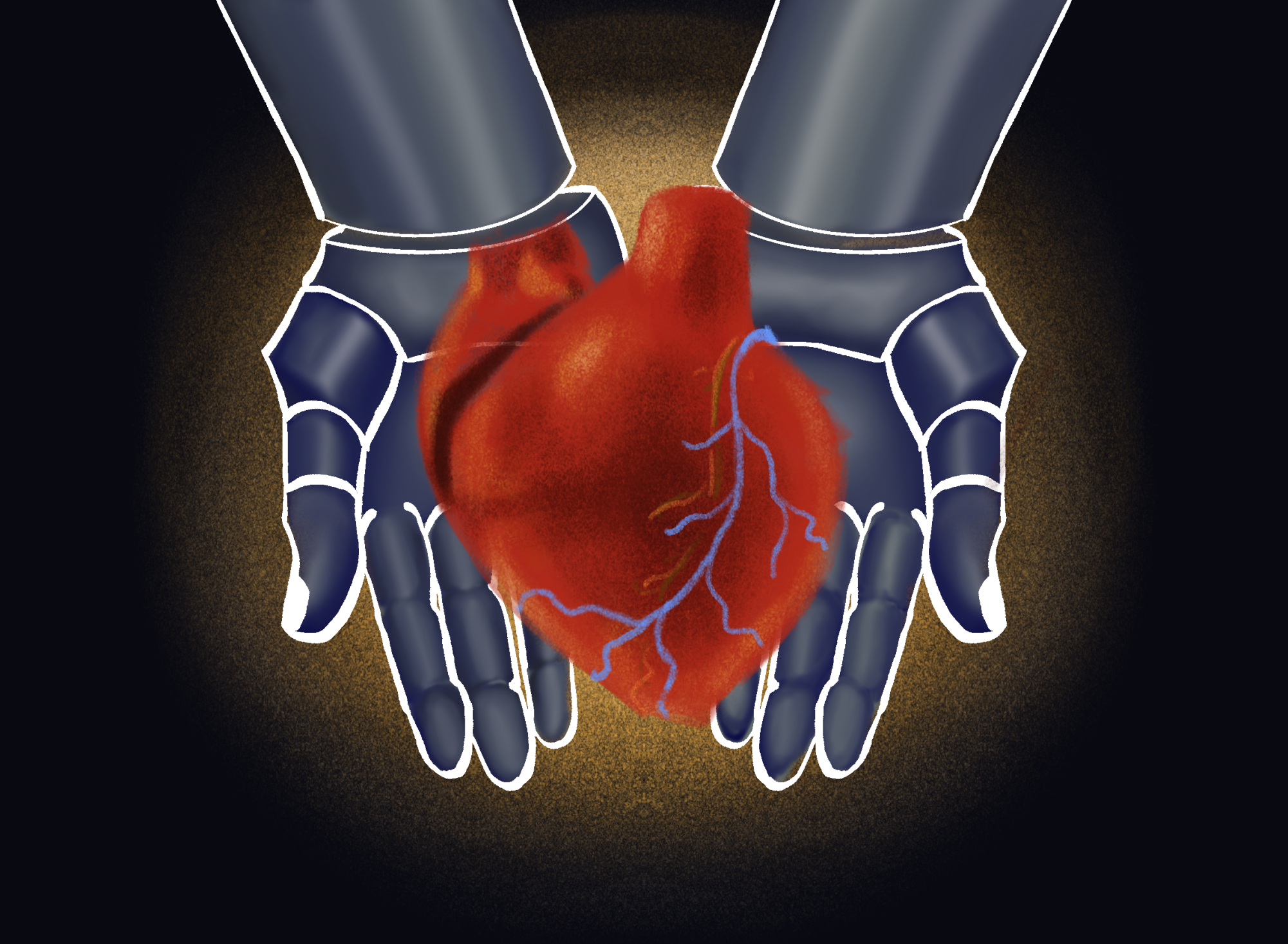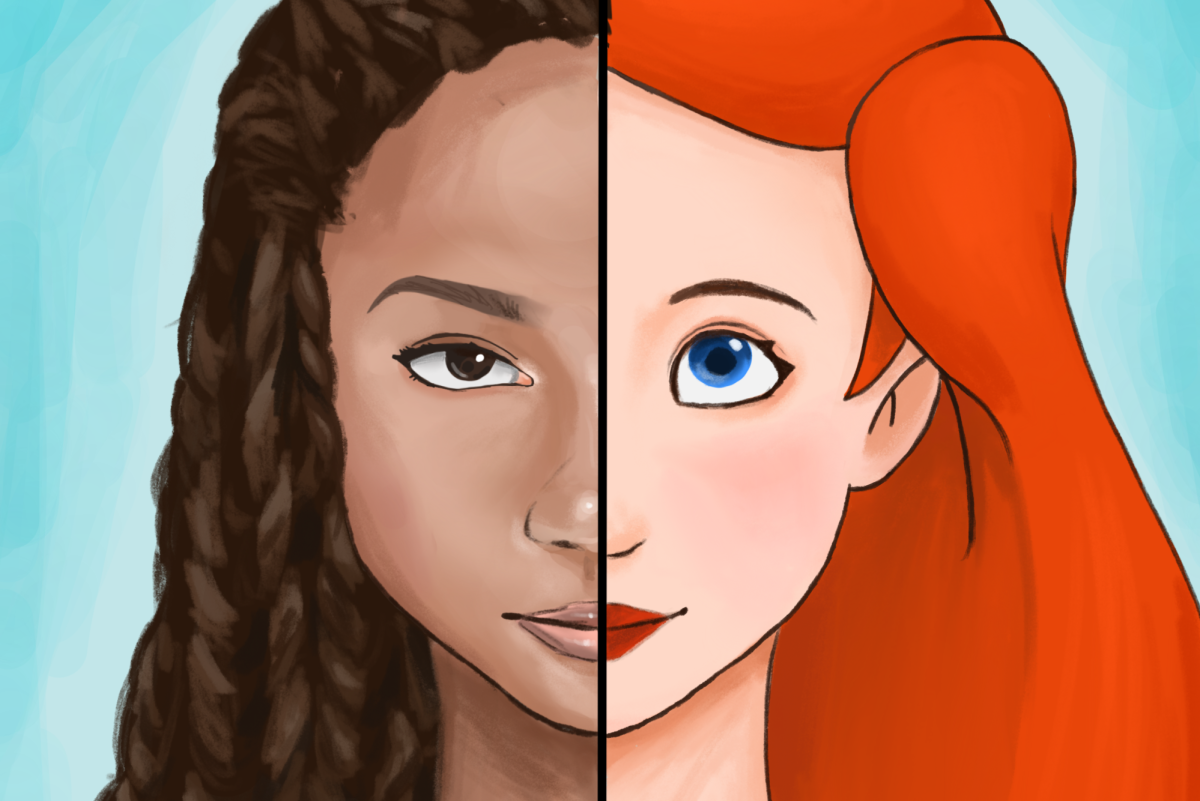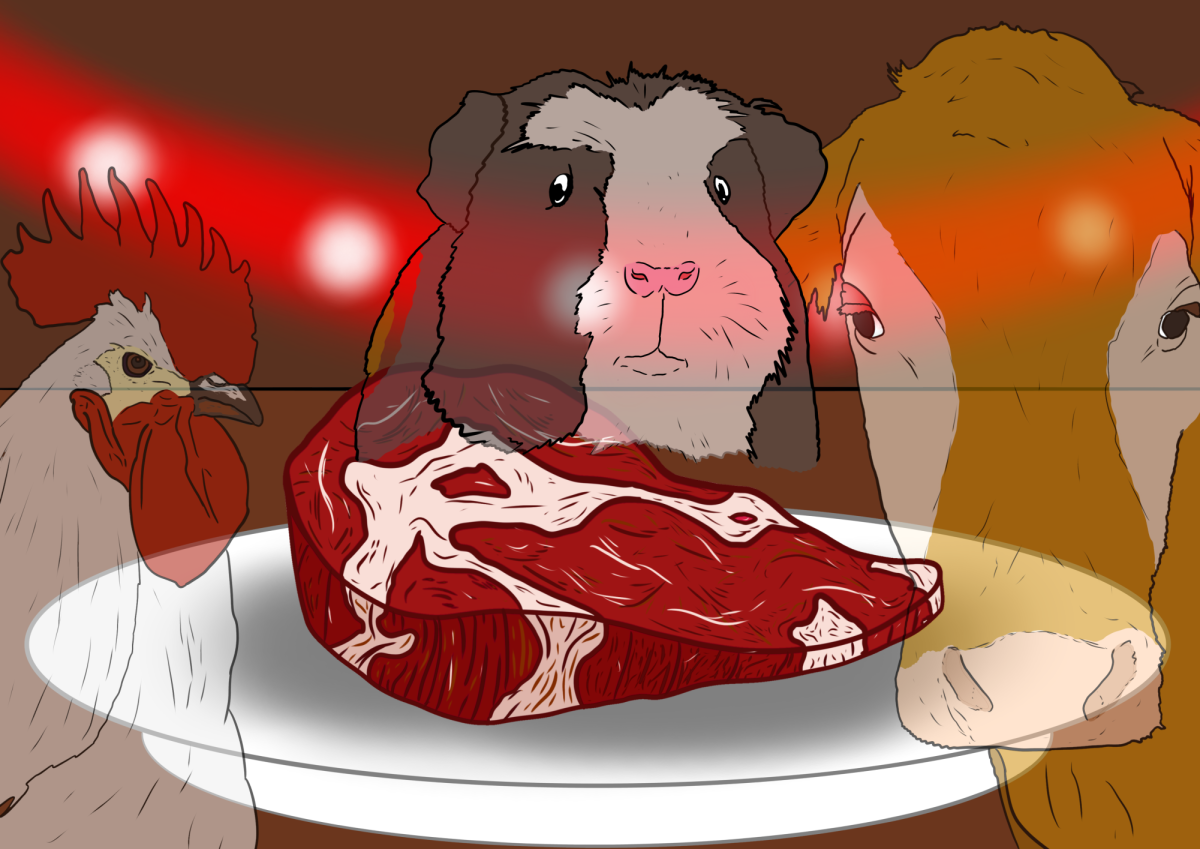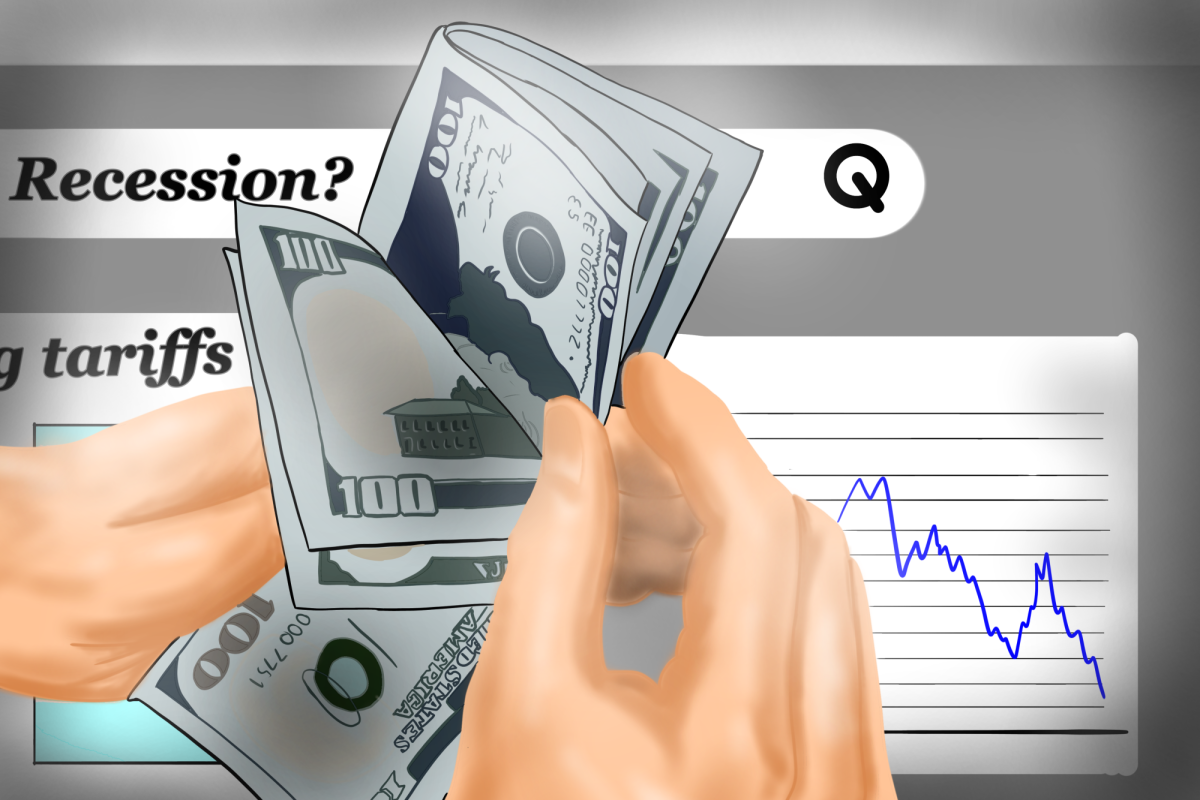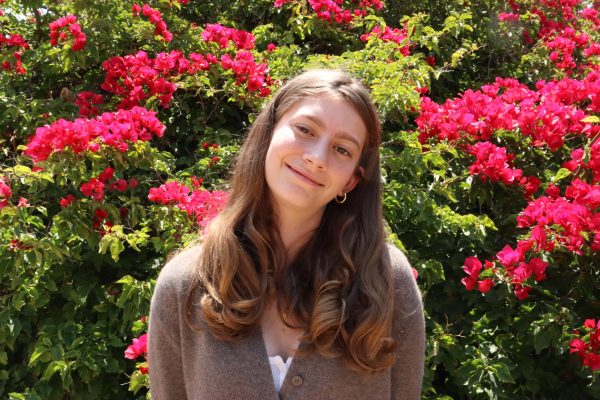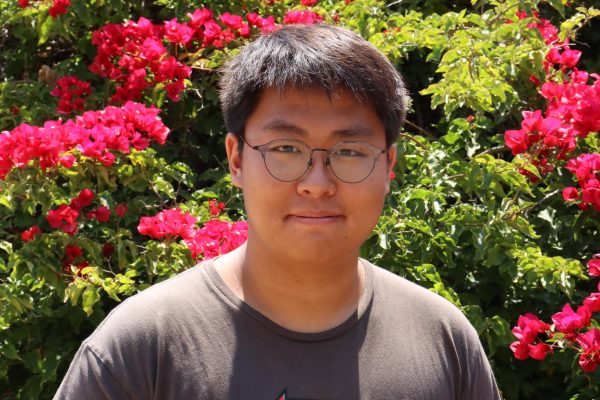From the rise of Korean skincare to the numerous beauty filters available on social media, now, more than ever, we live in a society where beauty is an integral part of how we are perceived — and “Pretty Privilege” only serves as an accelerator to this phenomenon. “Pretty Privilege” can be traced back to a scientific phenomenon called the Halo Effect, where our brains recognize attractive individuals, and associate positive traits with them, such as trustworthiness and intelligence. Ultimately, this gives these conventionally beautiful people more opportunities, while those who do not fit conventional beauty standards are often left in the dust.
Sadly, I often see this exact situation on social media, particularly on Instagram. When I open Instagram Reels, I frequently see individuals who are “prettier” receive special treatment or benefits including exclusive products and experiences that most can only dream of. Conversely, those who are deemed less attractive receive more critical responses, including disparaging comments about their appearance —- to the point where I often find myself repulsed when reading them. On these media platforms, those that are worthy of attention almost become idols, creating a desire in many to be just like them. That comparison can lead to unhealthy thoughts and behaviors, including eating disorders such as anorexia and bulimia. According to The National Eating Disorder Association, those who experience eating disorders often feel that they cannot reach society’s beauty standard, leading them to purge or binge in the pursuit of social acceptance.
Within these same social media platforms, “Pretty Privilege” changes our society’s attitude towards individuals and their actions, including criminals. Luigi Mangione, a man convicted of shooting United Healthcare CEO Brian Thompson on Dec. 4, serves as a prime example of this concept. His conventionally attractive appearance has quickly garnered him widespread support across social media platforms. Hashtags such as #freeluigi have been coined and thousands of clips and memes to romanticize his appearance despite his crime. As I continuously experience this phenomena, I am increasingly worried, as it seems that our society has shifted from delivering justice to excusing truly heinous acts simply because they are attracted to the perpetrator, whether they are aware or not. This phenomenon can also be observed with the story of the Menendez brothers, where clips from the Netflix show “Monsters: The Lyle and Erik Menendez Story” were used to glorify the brothers while ignoring the murders they had so brutally committed.
Beyond social media, the idea of “Pretty Privilege” is integrated into films that many find nostalgic, from Regina in “Mean Girls” to Elle Woods in “Legally Blonde.” The “nerd” gets a makeover, maybe loses some weight, and suddenly she is the center of attention, only seen as valuable once she fits into traditional beauty standards. These characters are often excessively slim, promoting harmful weight stigmas.
Another area that “Pretty Privilege” can be found in is the workplace, as more attractive individuals are more likely to be hired, granting increased status and economic opportunity. According to the Harvard Business Review, “physically attractive individuals are more likely to be interviewed for jobs and hired, they are more likely to advance rapidly in their careers through frequent promotions, and they earn higher wages than unattractive individuals.” This bias can lead to a decline in mental health, as applicants who deem themselves as not as attractive as their counterparts may come to believe they are insufficient. This can cause a lack of self-confidence and self esteem, allowing them to fall into a state of anxiety and depression, as they see others who are more attractive surpass them in the work environment.
Whether we like it or not, the concept of “Pretty Privilege” is a very real dynamic of the society we live in, and it actively shapes our perceptions and beliefs. It contributes to a decline in mental and physical health, inequality in multiple areas, and does not just affect individuals, but entire demographics as well. It’s up to us to look past this unconscious bias so we can improve upon the society we have constructed, and work toward a more level playing field. If we can do this, we create an environment where people are judged by their actions, behaviors, and contribution versus how well they live up to an unrealistic standard of beauty.


